On this page, you will find the latest articles from Open University academics, as well as links to related and supporting content. This includes how to take your teaching online, content to support homeschooling, and resources on mental health and wellbeing.
Latest articles on coronavirus
-
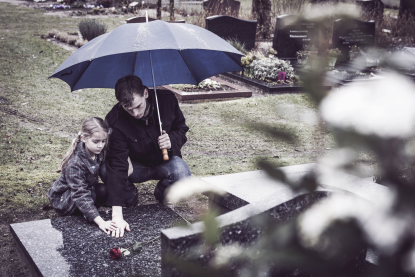
Grief and COVID-19: Mourning what we know, who we miss and the way we say goodbye
Read now to access more details of Grief and COVID-19: Mourning what we know, who we miss and the way we say goodbyeThis article explores experiences of children and young people’s death anxiety as a result of COVID-19, and the impact of the pandemic and death on staff working in care establishments, and how grief was reported in UK newspapers.
-
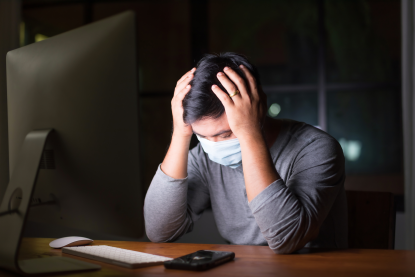
Grief during COVID-19: supporting our colleagues to return to work and thrive following loss
Read now to access more details of Grief during COVID-19: supporting our colleagues to return to work and thrive following lossEven if we have been fortunate enough not to experience loss ourselves during this pandemic, there may be colleagues who have. So, how can we support grieving colleagues during these challenging times?
-

The Special Adviser’s Tale, or Political Storytelling in the Time of Covid
Read now to access more details of The Special Adviser’s Tale, or Political Storytelling in the Time of CovidWhen Dominic Cummings broke the COVID-19 lockdown rules, how did the attempts to 'change the narrative' by Cummings and the government defy the logic of storytelling?
-
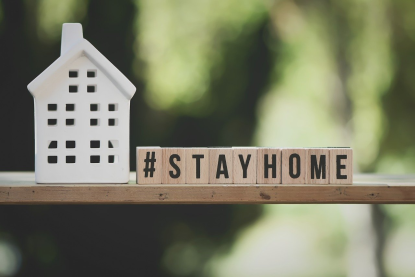
Public health communication during a pandemic
Read now to access more details of Public health communication during a pandemicWe've all seen the government slogans 'Stay home' and 'Stay Alert' but are these effective? Dr Korina Giaxoglou explores the three main elements to the design of ‘good’ public health messaging.
-

The impact of COVID-19 on linguists and their mental health
Read now to access more details of The impact of COVID-19 on linguists and their mental healthThe coronavirus pandemic of 2020 has impacted on every area of our lives. Severine Hubscher-Davidson explores what the mental health impact of coronavirus among linguists can tell us about the mental health impact of coronavirus in society.
-
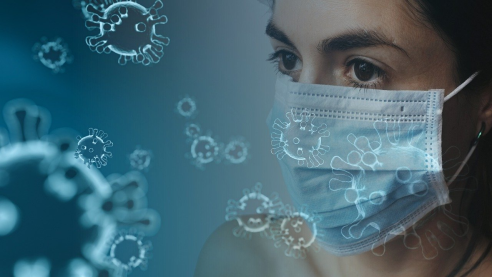
Frequently asked questions about COVID-19 relating to cancer
Read now to access more details of Frequently asked questions about COVID-19 relating to cancerDiscover how COVID-19 will impact new cancer treatments and ongoing clinical trials, access to drugs and smokers.
-

How does COVID-19 affect cancer treatment?
Read now to access more details of How does COVID-19 affect cancer treatment?Cancer researchers working at The Open University answer cancer-related questions about the new coronavirus in this series of articles...
-

Ask the experts: Coronavirus fake news & medical terminology
Read now to access more details of Ask the experts: Coronavirus fake news & medical terminologyA discussion and Q&A session on COVID-19 with experts from the OU STEM faculty.
-

Fake news during COVID-19
Read now to access more details of Fake news during COVID-19Dr Kaustubh Adhikari, Lecturer in Statistics at The Open University, interviews science integrity expert Dr Elisabeth Bik.
-

How COVID-19 challenges our notion of a good death
Read now to access more details of How COVID-19 challenges our notion of a good deathErica Borgstrom, a medical anthropologist and lecturer at The Open University, explores why death from coronavirus is not the type of death we expect.
-

How does the human body fight a viral infection?
Read now to access more details of How does the human body fight a viral infection?Some individuals generate an effective immune response to COVID-19. Why? Discover the immune response to viral infection in this explainer article...
-

Five tips for relaxing during difficult times
Read now to access more details of Five tips for relaxing during difficult timesModern life can leave many of us feeling stressed out. Here Dr Mathijs Lucassen offers five tips so that you can relax.
-

What is COVID-19?
Read now to access more details of What is COVID-19?What exactly is COVID-19 and where did it come from? This short article explores the Coronavirus pandemic of 2020.
-
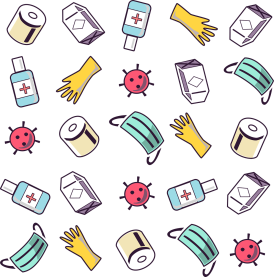
What is a virus?
Read now to access more details of What is a virus?There's been a lot in the news recently about viruses. So what is a virus and what do we know about the novel coronavirus that causes COVID-19?
-

Coronavirus: How can athletes get through this period of isolation?
Read now to access more details of Coronavirus: How can athletes get through this period of isolation?The Coronavirus pandemic is affecting all of our lives in different ways - but have you considered its impact on sportspeople and athletes?
-
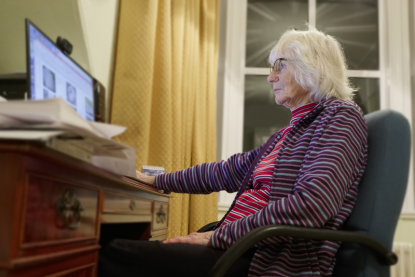
How to age well while self-isolating
Watch now to access more details of How to age well while self-isolatingPeople have been made to isolate to delay the spread of COVID-19 but there are several risks of self-isolation to older people. This article and video offer some tips on how to combat these.
-
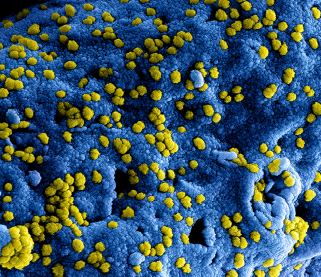
Simplistic models for understanding Coronavirus: Helpful or harmful?
Read now to access more details of Simplistic models for understanding Coronavirus: Helpful or harmful?Do models showing the spread of Covid-19 actually help us understand it better, or are they overly simplistic and potentially dangerous?
-

Panic buying and how to stop it
Read now to access more details of Panic buying and how to stop itDr Volker Patent looks at a tale of emerging norms, signalling and selective information processing.
With the worldwide threat of the Coronavirus still present, it’s vital we all take the very best care of ourselves. And this is especially important for those of us who are older or more vulnerable. The animation below gives some advice on how to keep healthy:
Transcript
102.9 KB
Help us with our research
We currently have two investigations related to COVID-19. It would be great if you could take part in this research by The Open University and the Young Foundation.
Share your experiences of Covid-19 and get a chance to see what others are doing and posting in your area.
What are the symptoms of coronavirus?
The main symptoms of coronavirus are:
- coughing
- a high temperature
- difficulty breathing
Some people get seriously ill and die from multiple organ failure, but many people infected have very mild symptoms or none at all.
What do you do if you think you have coronavirus?
You may need to isolate yourself if you think you have coronavirus or have been in close contact with an infected person.
Spending 15 minutes within 2m (6ft) of someone with the virus, or having face-to-face contact, increases your risk of contracting the disease.
Please check the NHS website for more advice on what to do.
How can you stop germs spreading?
There are certain things you can do to prevent infectious disease from spreading that are simple yet effective:
- cover your mouth and nose with a tissue, or even your sleeve, when you cough or sneeze
- do not cover sneezes with your hands
- throw used tissues in the bin straight away (catch it, kill it, bin it)
- wash your hands with soap and water often – pop hand sanitiser gel in your bag for when soap and water are not available
- avoid close contact with people who are unwell
- do not touch your eyes, nose or mouth if your hands haven't been cleaned.
Here's a handy GIF that explains how flattening the curve is crucial:
Our #FlattenTheCurve graphic is now up on @Wikipedia with proper attribution & a CC-BY-SA licence. Please share far & wide and translate it into any language you can! Details in the thread below. #Covid_19 #COVID2019 #COVID19 #coronavirus Thanks to @XTOTL & @TheSpinoffTV pic.twitter.com/BQop7yWu1Q
— Dr Siouxsie Wiles (@SiouxsieW) March 10, 2020
Helpful links:
Coronavirus: What about mental health?
These are times of uncertainty and the relentless bad news, activity on social media, and misinformation being spread can cause anxiety. These free resources can help you if you're feeling like your mental health is taking a turn for the worse.
-
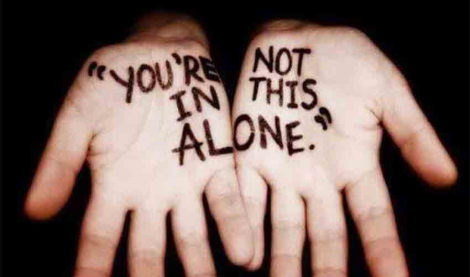
What can I do about my mental health when I don’t have the support I need?
Read now to access more details of What can I do about my mental health when I don’t have the support I need?What can you do if you're not comfortable talking about mental health issues with your peers? Dr Jonathan Leach and Dr Mathijs Lucassen set out six ways of getting the support you need.
-

Panic attacks: what they are and what to do about them
Learn more to access more details of Panic attacks: what they are and what to do about themPanic attacks: what they are and what to do about them is a free course that should be helpful to anyone who experiences panic or panic attacks, for their family and friends, and anyone more generally interested in mental health and mental health treatment. The course starts by exploring formal definitions of panic and panic attack. These ...
-

Stress and anxiety in the digital age: the dark side of technology
Read now to access more details of Stress and anxiety in the digital age: the dark side of technologyWhat is it about new technology that is making many of us anxious and stressed? Dr Gini Harrison and Dr Mathijs Lucassen explore the top five stressors:
Free courses on infectious disease
-

Global Handwashing Day
Read now to access more details of Global Handwashing DayTake a look at the cultural, social and religious implications of washing hands while also learning more about the science of hygiene and sanitation.
-
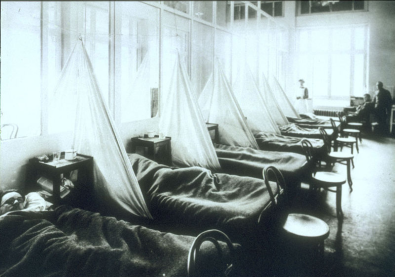
What was the impact of 'Spanish flu' on the armistice?
Read now to access more details of What was the impact of 'Spanish flu' on the armistice?Flu claimed a number of lives as the First World War was ending. This article taken from our Timewatch series explores how devestating the influenza outbreak really was...
-

The story of infection
Read now to access more details of The story of infectionHow have infectious diseases, both their response to us and our response to them, evolved over the centuries?
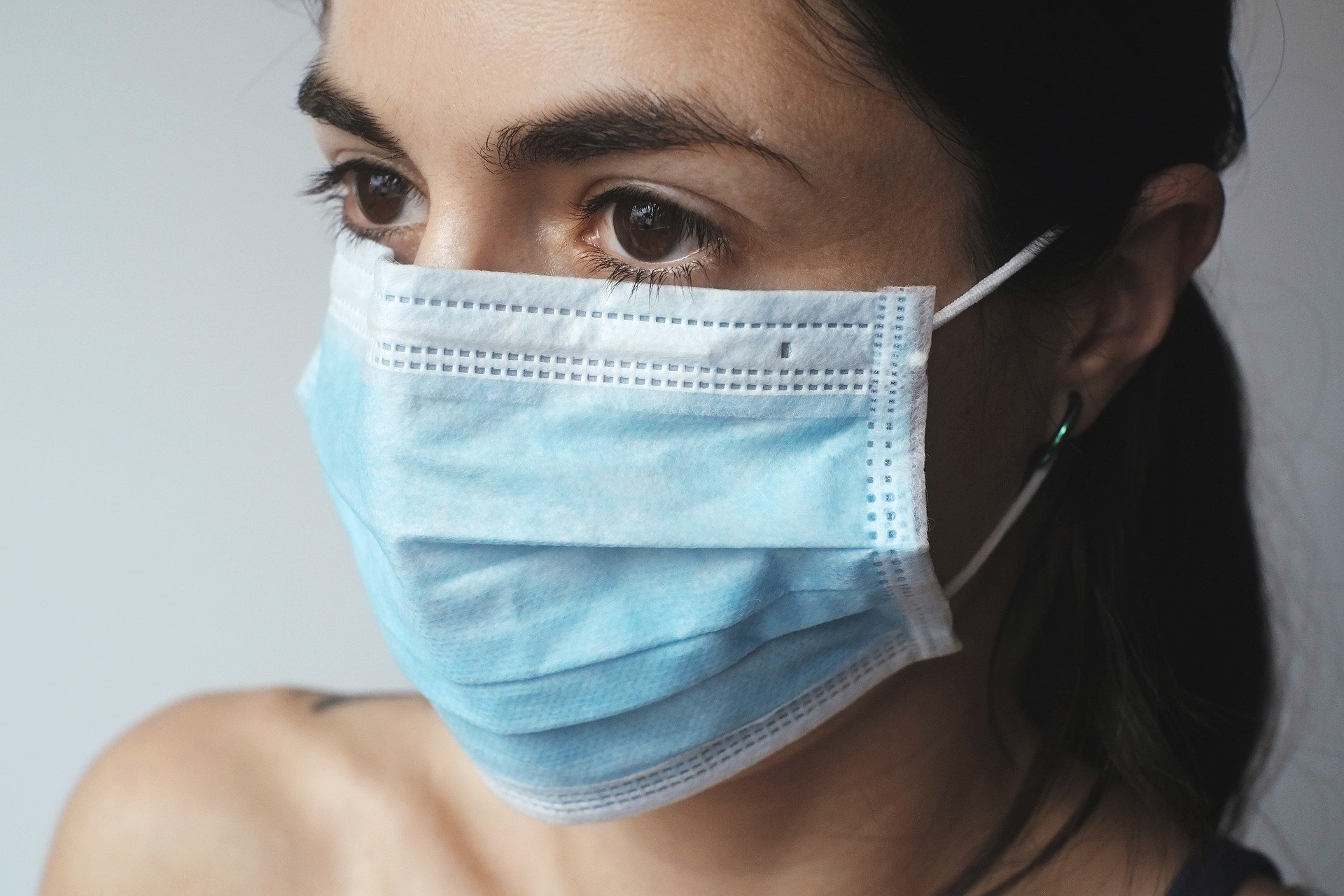
Rate and Review
Rate this article
Review this article
Log into OpenLearn to leave reviews and join in the conversation.
Article reviews